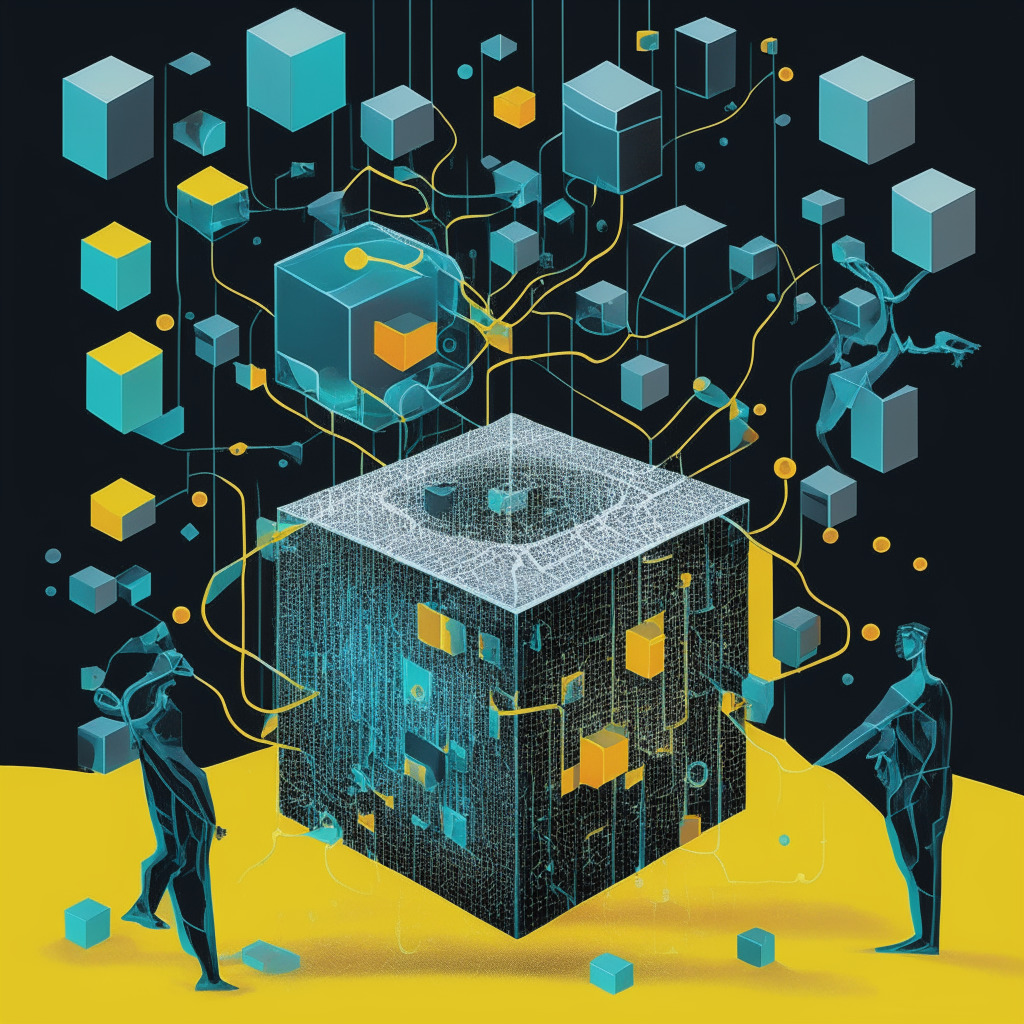Artificial Intelligence (AI) continues to reshuffle the technological space with firms and customers increasingly adopting AI-driven solutions. Strikingly, AI has made a shift from merely being a product of fiction to dominating mainstream conversations. However, this surge in AI sessions arouses skepticism, with some foreseeing a grim ‘Skynet’ situation like the one envisioned in James Cameron’s Terminator franchise. While it seems an unlikely reality, the escalating advances in generative AI systems cannot be dismissed lightly. This rapid innovation, absent any foolproof oversight, demands a much-needed intervention — specifically from blockchain technology.
Despite AI occupying the focal point in recent tech conversations, it is crucial to remember the massive hype around blockchain technology a few years ago. While the excitement may have cooled down, the principles that caused this hype continue to be critical. Currently, blockchain is experiencing business adoption at an unprecedented rate, laying the foundation for potential collaboration between blockchain and AI.
So how can blockchain help achieve a secure AI environment? Its potential lies in its ability to offer transparency in data storage and contract execution. The critical edge it provides in developing a reliable AI system is its auditable property. Blockchain can record every change made to the parameters that govern AI behavior, creating a transparent probe into the evolution of available AI systems.
One of AI’s characteristic features is its ‘black box’ approach. While it continuously adapts by ingesting data, what data it absorbs and how it modifies based on this information remains unclear. This opacity is where blockchain can provide transparency. With blockchain, every alteration in AI behavior, whether by human intervention or the AI itself, can be documented, paving the path for a transparent view of an AI’s history.
A plausible solution could be the utilization of hybrid blockchains, allowing organizations to leverage both private infrastructure under their control and a fully decentralized public infrastructure. The most relevant and crucial data can be stored on a public blockchain, claiming the status of the most secure option. This type of organization ensures the system reacts as intended, providing a much-needed boundary for this emerging, largely unknown technology.
By leveraging blockchain, AI can ensure transparency, making it less susceptible to erratic behavior — a significant step towards demystifying AI. As AI, like blockchain, becomes a permanent feature in our technological landscape, it is imperative to take into account the monumental implications of the decisions we make now. Both blockchain and AI have the potential to usher in a more equitable and promising future, but the journey requires caution. As we continue to explore their true potential, we shouldn’t overlook their amalgamation’s incredible benefits.
Source: Coindesk




